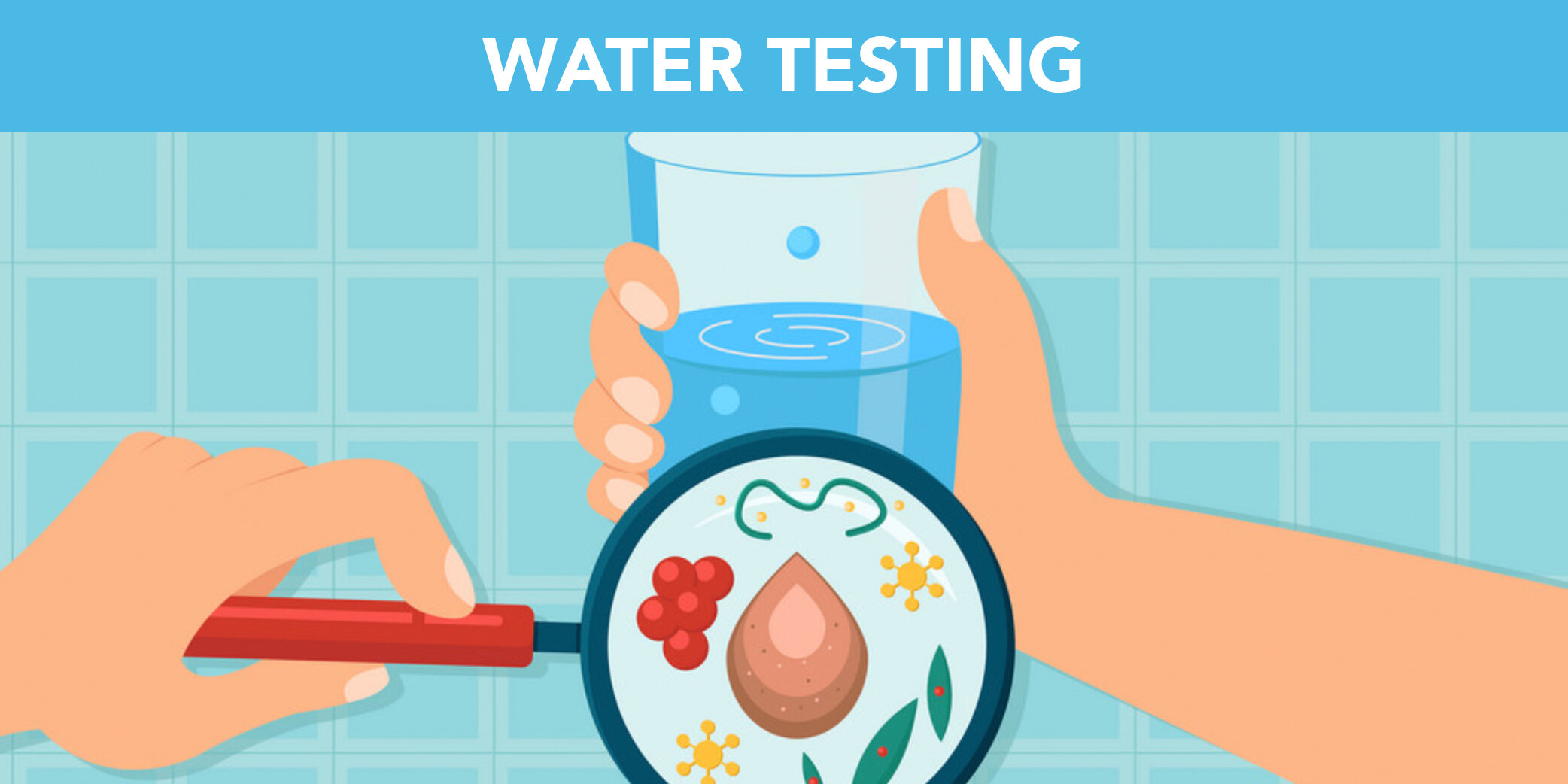
WATER PROJECT
BeBop Labs is looking to increase the knowledge and access to quality water. We aim to inform our community on water quality at public supply stations. By disseminating knowledge and prevention tips, we hope to help reduce environmental impact activities. We believe in accountability and transparency.
Bebop Labs offers water testing, consultations about the results, and recommendations for improvement. We hope to test water along hiking trails and within our parks.
BeBop Labs is looking for a testing lab partner. If you are interested in working with us, please contact us.

WATER QUALITY INFORMATION
Calcium: Calcium dissolves in water, and in cold water it turns into limestone.
Magnesium: Magnesium is essential for the nervous and muscular balance. The body does not store magnesium and it, therefore, requires a daily intake.
Fluorine (less than 1.5mg/l): Fluoride protects teeth from cavities, in a low level. Children need a fluoride supplement.
Sodium (less than 20mg/l): Sodium is necessary to maintain the body’s water balance and properly function muscles and nerves. Too much sodium can damage the kidneys and increase the risk of high blood pressure.
Nitrates (less than 50mg/l): Nitrates are found naturally in many foods. Their excessive consumption—especially by infants and young children—has health disadvantages, especially if they break down into nitrites in the body. The quality standard of nitrates is determined on a preventive basis to protect the quality of the resources used for drinking water supply and take into account different sources of food exposure.

Health issues can be mitigated by drinking clean water. BeBop Labs will test water and educate about test results. We will also make recommendations for solutions.
Common Problems: (capital Well)
- Hard Water – Hard water can cause skin and hair problems, scale build-up in pipes and water heaters, as well as a milky film on dishes, soap scum rings in baths, soap that doesn’t lather well, and reduced water flow.
- Iron in Water – Iron and iron bacteria is known to cause reddish-brown streaks in sinks and tubs, metallic tasting water, and slimy or brown sediment in standing water.
- Water Smells Like Rotten Eggs – The presence of hydrogen sulfide or sulfur bacteria in your water can cause the unpleasant stench of rotten eggs, and also corrode steel, iron, or copper pipes, pumps, and fixtures.
- Bacteria in Well Water – Intestinal problems after ingesting water may be the result of well contamination due to surface runoff. Manure, fertilizer, or pesticides—even arsenic and radon—can infiltrate wells through unprotected plumbing connections or cracks.
- Rust in Water – Rust in your water, reddish-brown stains on laundry, and metallic tasting water may be the result of corroding pipes due to low pH, often known as acid water.
- Water Odors and Discoloration – Any number of bacteria, chemicals, microorganisms, or other impurities could cause your water to give off a foul smell or turn a strange color, either with or without accompanying symptoms of illness after ingestion.
- Foul Tasting Water – Insufficient chlorine disinfection or pollution from surface drainage, as well as hydrogen sulfide, can give your water that icky taste.
- Tap Water Smells Like Fish – In amounts excessive to EPA regulations, barium or cadmium, which are naturally occurring metals, give water a fishy odor.
- Chlorine – Frequently used by municipal water treatment facilities to kill bacteria in water, chlorine in drinking water is cited by the Environmental Defense Fund as one of the most toxic, and potentially cancer-causing, chemicals.

